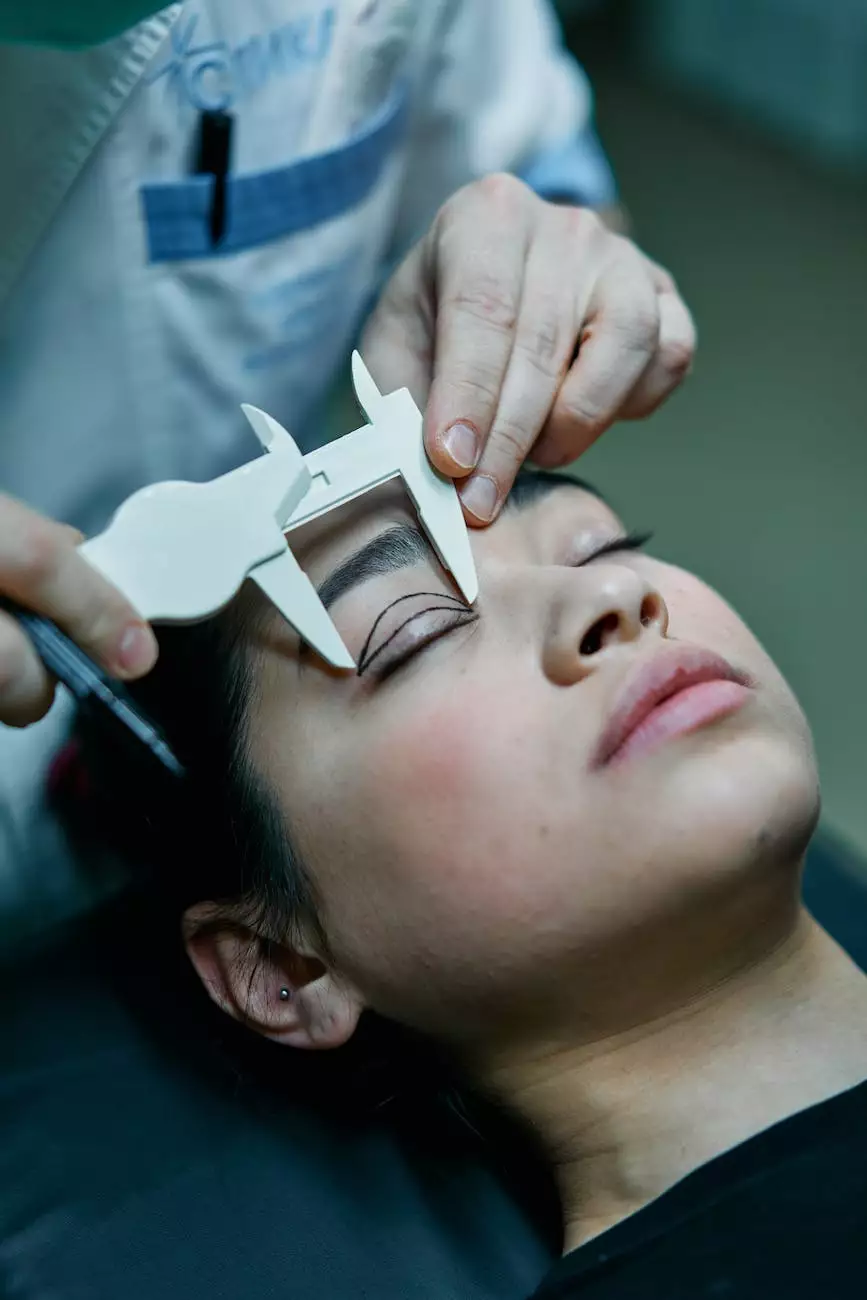The Sun: Your Brain's Best Friend and Your Skin's Worst Enemy

Introduction
Welcome to Bay Regional Medical Center's informative guide about the sun's impact on your brain and skin. In this comprehensive article, we will explore the dual role of the sun — both as a friend and a foe. We'll delve into the positive effects of sunlight on your brain and the harmful consequences it can have on your skin. Read on to discover expert tips and recommendations on how to strike a balance between reaping the benefits and protecting yourself.
The Sun and Your Brain
Did you know that exposure to sunlight can have a profound effect on your brain health? Sunlight stimulates the production of vitamin D, which plays a crucial role in various neurological processes. Research shows that vitamin D deficiency is associated with an increased risk of cognitive decline, mood disorders, and even neurological conditions such as Alzheimer's disease.
The Role of Sunlight in Vitamin D Production
When sunlight hits your skin, it triggers a series of reactions that result in the synthesis of vitamin D. This vitamin is essential for the absorption of calcium, promoting healthy bone growth and preventing conditions like osteoporosis. However, its benefits extend beyond bone health.
The Impact of Vitamin D on Brain Health
Vitamin D receptors are present throughout the brain, indicating its importance in various cognitive functions. Studies have linked optimal vitamin D levels to improved focus, memory, and overall cognitive performance. Adequate exposure to sunlight can contribute to enhanced brain function and may even reduce the risk of developing neurodegenerative disorders.
The Sun and Your Skin
While sunlight offers undeniable benefits for your brain, it can also pose significant risks to your skin. Overexposure to ultraviolet (UV) radiation, particularly UVA and UVB rays, can lead to sunburn, premature aging, and increase the chances of developing skin cancer.
The Importance of Sun Protection
Protecting your skin from the harmful effects of the sun should be a top priority. Here are some key measures to keep in mind:
1. Apply Sunscreen
Choose a broad-spectrum sunscreen with a high SPF and apply it generously before heading outdoors. Reapply every two hours, especially after swimming or excessive sweating.
2. Seek Shade
Avoid direct sunlight during peak hours (10 a.m. to 4 p.m.) when the UV rays are the strongest. Seek shade under trees, wear protective clothing, and use umbrellas to minimize exposure.
3. Wear Protective Clothing
Cover your skin with lightweight, breathable clothing that fully covers your arms, legs, and neck. Don't forget to wear a wide-brimmed hat and sunglasses to shield your face and eyes from UV rays.
The Dangers of Sunburn and Skin Cancer
Sunburns should never be overlooked, as they indicate significant damage to the skin. Repeated sunburns can lead to DNA mutations and increase the risk of developing skin cancer. Protecting your skin through proper sun protection practices is crucial in minimizing this risk.
Conclusion
The sun is undeniably an important factor in maintaining optimal brain health, but its effects on the skin require careful consideration and proactive protection. By leveraging its benefits while safeguarding against potential harm, you can enjoy the sun's positive impact on your brain while keeping your skin healthy and protected. Remember to follow the expert advice provided by Bay Regional Medical Center to strike a balance that ensures your overall well-being.










